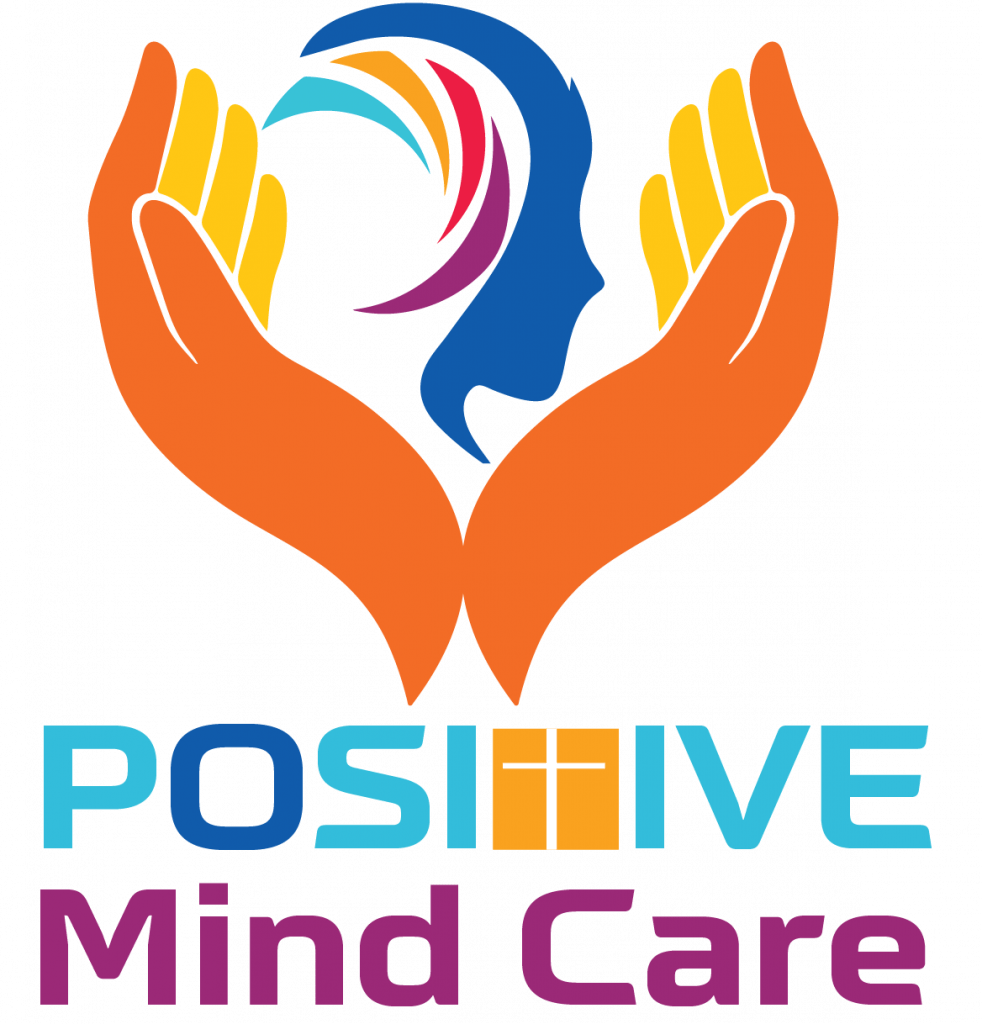Social and Emotional Development
Social and emotional development in early childhood is crucial as it lays the groundwork for a child’s ability to form relationships, understand emotions, and navigate social interactions. Attachment theory, proposed by John Bowlby, emphasizes the significance of secure emotional bonds between caregivers and children. These bonds serve as a blueprint for future relationships, influencing how individuals connect and trust others throughout their lives. Early social and emotional skills, like empathy and emotional regulation, not only impact a child’s immediate well-being but also play a pivotal role in shaping their ability to build healthy, meaningful relationships in adulthood.
Physical Development
Physical development during early childhood is vital for establishing a solid foundation of health and well-being. It encompasses the growth of motor skills, muscle development, and overall physical fitness. Regular exercise promotes motor skills and physical strength while maintaining a healthy weight.
Common physical developmental milestones include crawling, walking, fine motor skills like grasping objects, and improvements in coordination and balance. Ensuring a supportive environment that encourages physical activity and a nutritious diet is essential for fostering healthy physical development in early childhood.
Early Childhood Education
Early childhood education programs offer numerous benefits by providing structured learning environments that support cognitive, social, and emotional development. Quality childcare and preschool can enhance school readiness, language skills, and problem-solving abilities. They also promote socialization, instill discipline, and offer a safe space for exploration.
However, challenges persist, including disparities in access due to socioeconomic factors and geographic location. Not all children have equal opportunities to enroll in high-quality early education programs, leading to educational inequalities. Addressing these disparities is crucial to ensure that all children receive a strong foundation for future success.
Parental and Caregiver Influence
Parents and caregivers play a pivotal role in shaping early childhood development. Their influence extends across all domains, from cognitive to emotional growth. To foster a supportive environment, parents can engage in activities that encourage learning and exploration, read to their children regularly, and provide opportunities for play and social interaction.
Positive parenting techniques, such as effective communication, setting boundaries, and offering emotional support, are essential. They help build secure attachments and promote emotional intelligence. A nurturing and responsive caregiving approach not only contributes to a child’s immediate well-being but also lays the groundwork for their future success and well-adjusted adulthood.
Challenges and Interventions
Challenges in early childhood development, including poverty, trauma, or adverse family circumstances, can hinder healthy growth. Fortunately, various interventions and support systems exist to mitigate these challenges. Early intervention programs provide resources for children at risk, such as access to quality healthcare, nutrition assistance, and mental health services. Additionally, community-based initiatives, parental education, and trauma-informed care help create a nurturing environment for children facing adversity. By addressing these challenges early on, we can strive to ensure that all children have the opportunity to thrive and reach their full potential.
Conclusion
Early childhood development is a critical phase that significantly shapes a child’s lifelong well-being. From brain development to social and emotional skills, nurturing these aspects is essential. Quality early education and parental support play key roles, and addressing challenges early ensures a brighter future for all children.
Positive Mind Care in Gurugram is a beacon of hope for individuals battling with such disorders, thanks to its cutting-edge Deep TMS therapy and comprehensive approach to treatment. By outfitting the force of imaginative innovation and customised care, Positive Mind Care is changing lives and making ready for a more brilliant, more joyful future for its patients.



